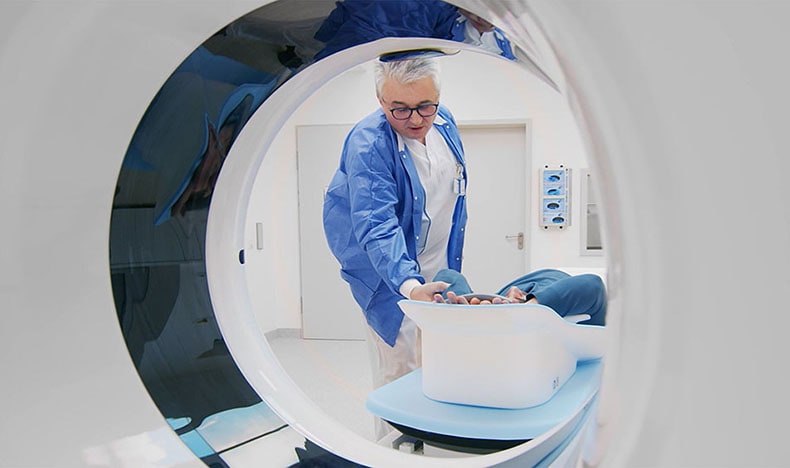Drive Health Introduces AI-Powered Health Assistant in Collaboration with Google

# Drive Health Introduces AI-Powered Health Assistant in Collaboration with Google
## Revolutionizing Healthcare with AI
In a groundbreaking move, **Drive Health**, a leading digital health company, has announced the launch of an **AI-powered health assistant** developed in collaboration with **Google**. This innovative tool is designed to enhance patient care, improve health monitoring, and provide personalized medical insights using advanced artificial intelligence.
The partnership between Drive Health and Google marks a significant step in the integration of AI into healthcare, leveraging Google’s expertise in **machine learning, natural language processing (NLP), and cloud computing** to create a smart, responsive, and efficient health assistant.
## Features of the AI-Powered Health Assistant
The AI-powered health assistant is designed to serve as a **virtual health companion**, offering a range of features that empower users to take control of their well-being. Some of the key functionalities include:
### 1. **Personalized Health Insights**
The assistant analyzes user data, including medical history, lifestyle habits, and wearable device metrics, to provide **tailored health recommendations**. By continuously learning from user interactions, it can suggest diet plans, exercise routines, and preventive measures based on individual health needs.
### 2. **Symptom Checker and Early Diagnosis Support**
Using AI-driven symptom analysis, the assistant can help users understand potential health conditions and recommend whether they should seek medical attention. While it does not replace professional diagnosis, it serves as a **first line of assessment**, guiding users toward appropriate healthcare actions.
### 3. **Medication and Appointment Reminders**
The assistant ensures that users stay on top of their medications and doctor appointments by sending **timely reminders**. It can also track prescription refills and suggest when to consult a healthcare provider for follow-ups.
### 4. **Integration with Wearable Devices**
By syncing with **smartwatches, fitness trackers, and other health-monitoring devices**, the AI assistant can track vital signs such as heart rate, blood pressure, sleep patterns, and activity levels. This real-time data enables proactive health management and early detection of potential health issues.
### 5. **24/7 Virtual Health Support**
The AI assistant provides **round-the-clock support**, answering health-related queries, offering guidance on minor ailments, and directing users to credible medical resources. It can also connect users with **telehealth services** for virtual consultations with healthcare professionals.
### 6. **Mental Health and Wellness Support**
Recognizing the importance of mental well-being, the assistant includes features for **stress management, mindfulness exercises, and emotional health tracking**. It can suggest relaxation techniques, guided meditation, and mental health resources based on user needs.
## How Google’s AI Enhances the Assistant
Google’s cutting-edge AI technologies play a crucial role in making the health assistant **intelligent, responsive, and highly accurate**. Some of the key AI-driven components include:
– **Natural Language Processing (NLP):** Enables the assistant to understand and respond to user queries in a conversational manner.
– **Machine Learning Algorithms:** Continuously improve the assistant’s ability to provide personalized health insights based on user data.
– **Google Cloud Healthcare API:** Ensures secure and compliant handling of medical data, maintaining **HIPAA and GDPR** standards.
– **AI-Powered Predictive Analytics:** Helps in identifying potential health risks and suggesting preventive measures.
## Impact on the Healthcare Industry
The introduction of this AI-powered health assistant is expected to **revolutionize digital healthcare** by making medical guidance more accessible, efficient, and personalized. Some of the anticipated benefits include:
– **Improved Patient Engagement:** Encourages users to actively monitor and manage their health.
– **Reduced Healthcare Costs:** Helps in early detection and prevention, reducing the need for expensive treatments.
– **Enhanced Remote Healthcare:** Supports telemedicine and virtual consultations, making healthcare more accessible.
– **Better Chronic Disease Management:** Assists patients with conditions like diabetes, hypertension, and heart disease in maintaining their health.
## Privacy and Security Considerations
Given the sensitive nature of health data, Drive Health and Google have implemented **robust security measures** to protect user information. The AI assistant complies with **strict data privacy regulations**, ensuring that all personal health data is encrypted and stored securely. Users also have full control over their data, with options to manage permissions and delete records as needed.
## Future Prospects
Drive Health and Google plan to continue enhancing the AI assistant by integrating **more advanced AI models, expanding language support, and incorporating additional healthcare services**. Future updates may include **AI-driven diagnostics, voice-based health interactions, and deeper integration with healthcare providers**.
## Conclusion
The collaboration between **Drive Health and Google** in launching an **AI-powered health assistant** represents a major leap forward in digital healthcare. By combining AI-driven intelligence with user-friendly features